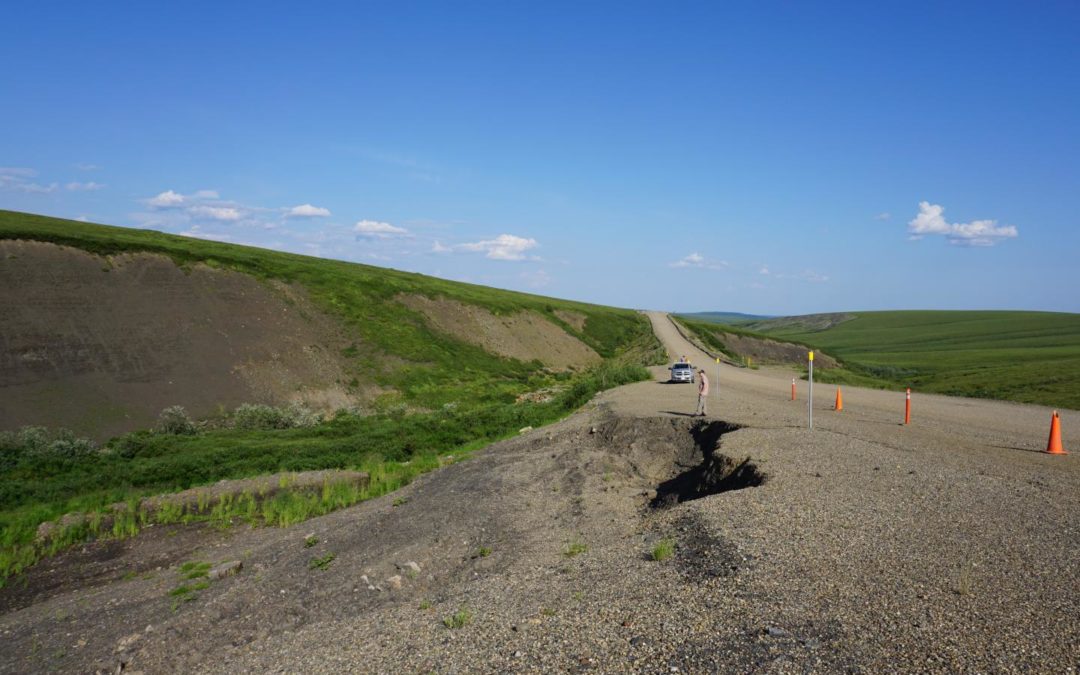SOURCE: McGill University and Nature Climate Change
DATE: October 30, 2019
SNIP: Researchers from McGill University project that as the permafrost continues to degrade, the climate in various regions of the Arctic could potentially change abruptly, in the relatively near future. Their research, which was published today in Nature Climate Change, also suggests that as the permafrost degrades, the severity of wildfires will double from one year to the next and remain at the new and higher rate for regions in the Northwestern Territories and the Yukon.
Prior research in the field has tended to project a gradual degradation of the permafrost, with few direct effects on climate. Typically, researchers will model climate changes by looking backwards and forwards in 20-30 year blocks, making it easier to miss the abrupt changes that are taking place. The McGill researchers analyzed the effects of changes in the permafrost on a completely different level.
“There’s not much high-resolution climate modelling done of the Arctic. Our initial climate model experiments at 50km resolution allowed us to extract critical information on climate shifts” says Bernardo Teufel, the first author on the paper, who is currently working on his PhD research at McGill. “We used climate model data spanning the 1970-2100 period to understand probable changes in the Arctic climate and permafrost. What we came away with, was a picture of alarming changes to climate driven by permafrost degradation.“

